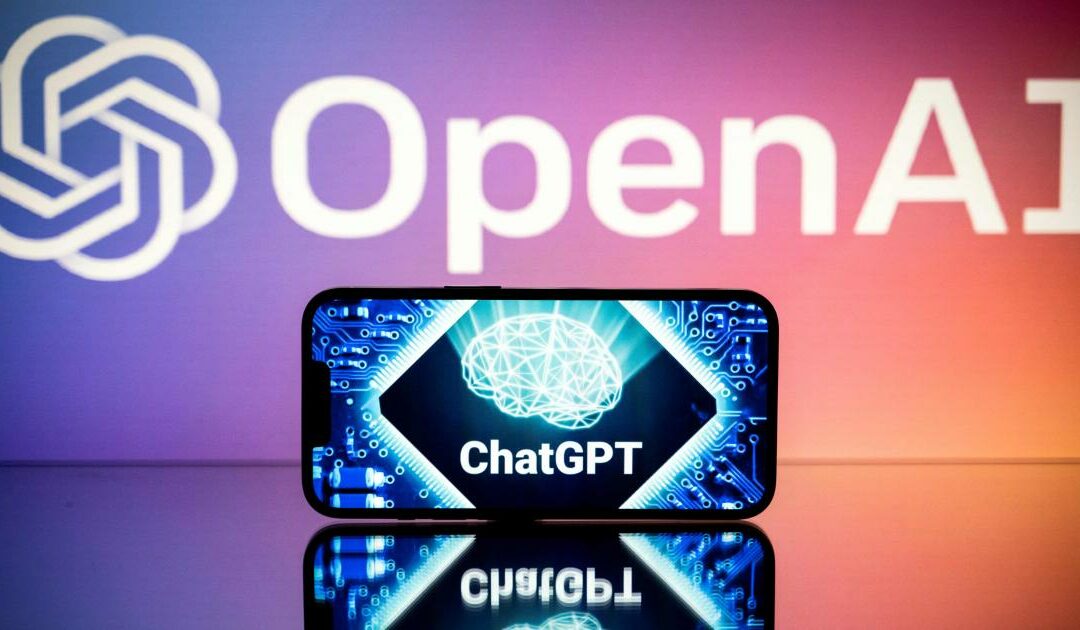The Federal Trade Commission is investigating OpenAI for possible violations of consumer protection law, requesting extensive records from the ChatGPT maker regarding its handling of personal data, the potential to provide users with inaccurate information, and its “risks of harm to consumers, including reputational harm.”
The investigation threatens to sour OpenAI’s relationship with legislators, many of whom have been impressed by the company’s technology and CEO, Sam Altman. It may also draw more attention to OpenAI’s position in the broader discussion about the threat that generative artificial intelligence may pose to jobs, national security, and democracy.
The FTC asked OpenAI to respond to dozens of requests in a 20-page investigative demand this week, ranging from how it obtains the data it uses to train its large language models to descriptions of ChatGPT’s “capacity to generate statements about real individuals that are false, misleading, or disparaging.”
The Washington Post first reported on the document on Thursday, and a person familiar with the situation verified its validity to CNN. A request for comment from OpenAI was not immediately responded to. The FTC did not respond.
RELATED: Elon Musk Has Launched A New AI Start-Up To Compete With ChatGPT

The information request, which is a type of administrative subpoena, also seeks testimony from OpenAI about any public complaints it has received, lists of lawsuits it is involved in, and details of a data leak disclosed by the company in March 2023 and said had temporarily exposed users’ chat histories and payment data.
It requests descriptions of how OpenAI tests, changes, and manipulates its algorithms, particularly in order to produce varied replies or respond to dangers, and in various languages. The request also requests that the business explain any efforts it has made to mitigate occurrences of “hallucination,” a word used in the industry to describe results in which an AI provides incorrect information.
The FTC investigation is the clearest example yet of direct US government regulation of AI, as politicians in Congress strive to keep up with a quickly growing business ahead of a fall drive to craft new legislation affecting the sector. The United States’ efforts have typically fallen behind those of other world policymakers. Legislators in the European Union, for example, are close to adopting landmark legislation that prohibits the use of AI for predictive policing and places restrictions on high-risk usage scenarios.
RELATED: The CEO Of Google DeepMind Claims That Its Next Algorithm Will Outperform ChatGPT

The FTC probe follows repeated cautions from the commission to corporations not to make exaggerated claims about AI or to utilize the technology in discriminatory ways.
It has stated in blog postings and other statements that companies that use AI would be held accountable for any unfair and fraudulent acts associated with the technology. As the nation’s leading consumer protection watchdog, the FTC has the authority to pursue privacy violations, deceptive marketing, and other wrongdoing.
FTC Chair Lina Khan has maintained that the agency’s current statutory mandate gives the FTC the ability to prosecute unlawful applications of AI. For example, while AI could assist “turbocharge” fraud and scams, Khan told legislators in April that the FTC already has a long history of enforcement against scammers.
“Although these tools are novel, they are not exempt from existing rules, and the F.T.C. will vigorously enforce the laws we are charged with administering, even in this new market,” Khan wrote the following month in a New York Times op-ed.
RELATED: The Creator Of ChatGPT Warns The World About The Rise Of AI Superintelligence

Some OpenAI critics already filed a complaint with the FTC, saying that algorithmic bias, privacy problems, and ChatGPT’s proclivity to hallucinate may violate US consumer protection legislation.
OpenAI has been open about some of its products’ shortcomings. The white paper linked to GPT’s most recent release, GPT-4, for example, states that the model may “produce content that is nonsensical or untruthful in relation to certain sources.” Similar disclosures are made by OpenAI about the likelihood that technologies like GPT would lead to widespread prejudice against minorities or other vulnerable populations.
Download The Radiant App To Start Watching!
Web: Watch Now
LGTV™: Download
ROKU™: Download
XBox™: Download
Samsung TV™: Download
Amazon Fire TV™: Download
Android TV™: Download

